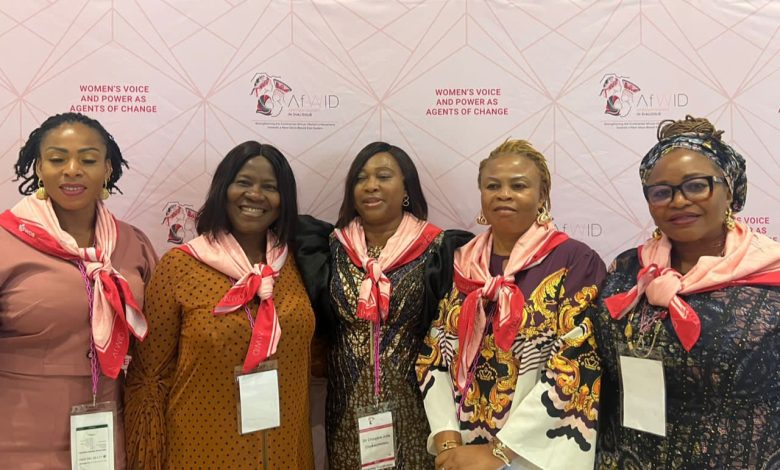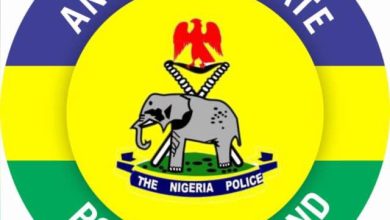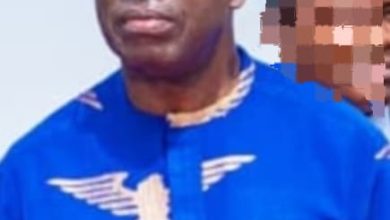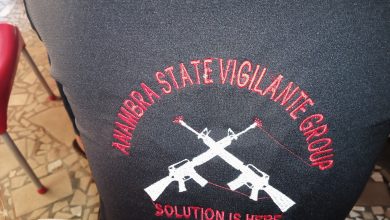
The African Women in Dialogue (AFWID) 2025, held from January 27-31, 2025, at the Birchwood Hotel in Johannesburg, South Africa, marked the third edition since its inception in 2019. This groundbreaking event brought together over 1,000 women from diverse backgrounds, professions, and age groups, representing 55 African countries.
The dialogue, organized and funded by the Women’s Development Business (WDB) Trust, provided a platform for women to share their experiences, challenges, and successes, and the theme: Women’s Voice and Power as Agents of Change, focused on reimagining the future of African women beyond Beijing, commemorating the 30th anniversary of the Beijing Declaration and Platform for Action.
The Nigerian delegation, comprising 14 women, led by Dr. Chinyere Julie Chukwudebelu, Coordinator for AFWID in Nigeria, and Regional Leader for Anglophone and Lusophone West Africa, attended the dialogue with great enthusiasm.
Speaking with a Nigerian journalist, Chioma Uzoukwu, after her remarkable opening address, CEO of WDB Trust, Mama Riah Phiyega stated that “The issues that affect African women unite them. They are common issues that may have nuances in terms of areas or regions, but they happen in all spaces, hence the need for women to dialogue”.
Among notable sessions was a panel discussion on “The Future We Want: Reimagining Our Future Beyond Beijing,” moderated by award-winning journalist Mildred Ngesa.
One of the panelists, Nigerian disability advocate Jennifer Abomnger, highlighted a disconnect between African women living with disabilities and those without. Abomnger, who noted that disability is often seen as a condition rather than a social inclusion issue, praised the existence of disability laws in most African countries and emphasized the need for people living with disabilities in all their diversity to be given reasonable accommodation in African women’s activities.
The activities also included breakaway sessions, where attendees discussed different topics, providing a platform for women to share their experiences and recommendations for creating positive change. Dolapo H. Osunsina, Co-founder of hFACTOR, who spoke at one of the breakaway sessions, stressed the importance of mentorship as a way to help women activate and productively use their power.
Speaking on the way forward, Nigerian Beijing veteran, Dr Timiebi Koripamo (OON) emphasized the need for negotiations and dialogue with men. “I think most of us see men as adversaries, and that mindset won’t help us,” she said. “Women played a significant role in resolving the Mano River Basin crisis. We must remember that men are our brothers, fathers, uncles, and husbands. We should come together, engage them in negotiations, and put forward resolutions.”
While sharing her thoughts on the outcome of the dialogue a short while later, Dr Chinyere Chukwudebelu, who was also a member of AFWID 2025 steering committee, expressed satisfaction with its planning, and delivery, highlighting that for a movement of such magnitude, cohesion was achieved irrespective of cultural nuances, and differences in language and religion.
She rejoiced that attendees left the dialogue with a great sense of belonging, knowing that they have sisters every where in Africa.
On the recommendations and resolutions reached during the dialogue, Dr Chukwudebelu categorically stated that there is already laid down plan to engage with her team to regionalise the dialogue, which she believes will enable deep regional dialogue around gender as issues are similar within regions.
She further mentioned the plan to constitute an inter-sectoral group in all the countries in her region to review and domesticate the AFWID resolutions as applicable to them, and organize regional meetings to review each country’s plans for alignment with the overall objective of Afwid, among other things.




